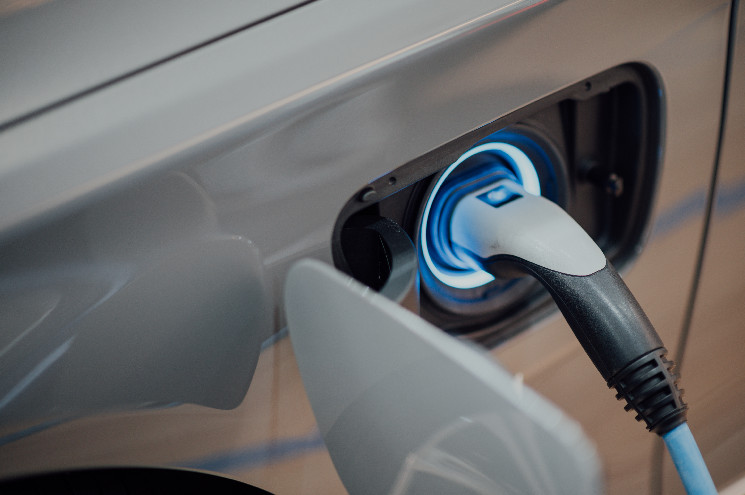Blockchain
All eyes are on electric vehicles.
The Biden administration announced a historic overhaul last month to accelerate EV adoption. Under new regulations from the Environmental Protection Agency (EPA), at least 54% of all new vehicles made in the United States must be electric by 2030, effectively mandating a new North American supply chain, assembly lines, and manufacturing facilities.
A blockchain solution is not just a necessity to make this supply chain a reality: it is the only way to have transparency and safeguard human rights as the United States transitions to fossil fuels.
Dr. Qichao Hu is the founder and CEO of SES AI, a Boston-based Li-Metal EV battery manufacturer building the world’s first transparent and intelligent EV battery supply chain.
There are currently few reliable methods to determine whether car manufacturers and battery manufacturers are taking the necessary steps to source properly. Battery and car parts are often sourced and assembled on different continents before reaching their final destination, from a mine in Africa to a cell factory in Asia to car lines in Europe.
Before their vehicles hit the doorstep in the United States, companies eligible for federal benefits could use dirty energy at numerous points in the manufacturing process while disguising the origin of their materials. The complex and opaque supply chain poses major challenges to regulators seeking to ensure sustainable practices and establish end-to-end infrastructure across the United States and our free trade agreements.
Blockchain addresses many of these challenges by providing a transparent and secure platform for tracking and verifying origin and production. Every transaction, from mining to production, can be recorded and verified by multiple parties, ensuring that the information is accurate and reliable. This transparency can help deter smuggling and dirty mining, making it more difficult for companies to embrace unethical sources. It also creates safety for consumers, as some electric vehicles have recently caught fire due to quality control issues.
Integrating blockchain into supply chain systems is no longer theoretical. Organizations have embraced the technology to track certain aspects of the manufacturing process: Global jewelry company De Beers announced it is applying blockchain to its operations, with the intention of bringing much-needed transparency to the diamond trade. The World Economic Forum has even introduced an entire mandate in this area with more than 100 partner organizations. Titled “Redesigning Trust with Blockchain in the Supply Chain,” the project aims to “co-design an open-source toolkit that will streamline blockchain adoption across a broad and diverse industry.”
Projects like these serve as inspiration for companies at the forefront of EV supply chain development. Did a company that received US subsidies generate electricity to break bricks and use clean, renewable energy? Or did it use dirty energy and came from a less friendly country? Has a manufacturer cut back on certain safety features?
Read more: Paul Brody – The era of autonomous supply chains
Blockchain creates trust based on data, which is critical for a multi-continent industry that currently lacks transparency. A trust-enabled tokenization process also holds the seeds for the emergence of new markets as stakeholders can own new digital assets. If the real estate industry can adopt smart contracts for buying real estate and symbolizing title deeds, why can’t the emerging EV industry take advantage of ethical resources within the supply chain process?
Blockchain is shifting from speculative cryptocurrencies to digital assets backed by real-world commodities. A number of stablecoin projects, such as Paxos, are backed by precious metals such as gold, and more commodities such as lithium are likely to follow this trend. Getting here will require a total overhaul of domestic and foreign supply chains — thankfully, the Biden administration has just given the go-ahead.

